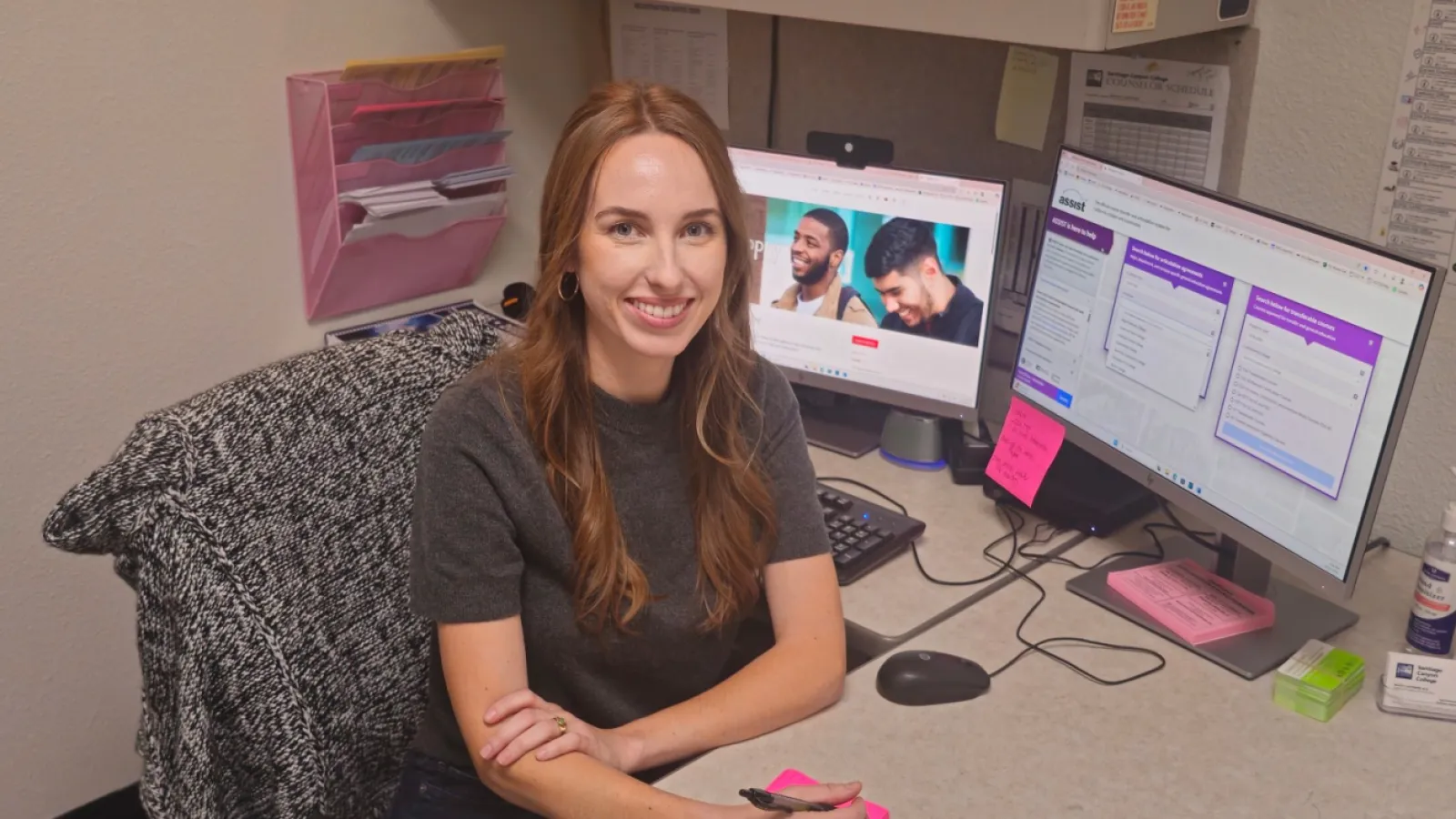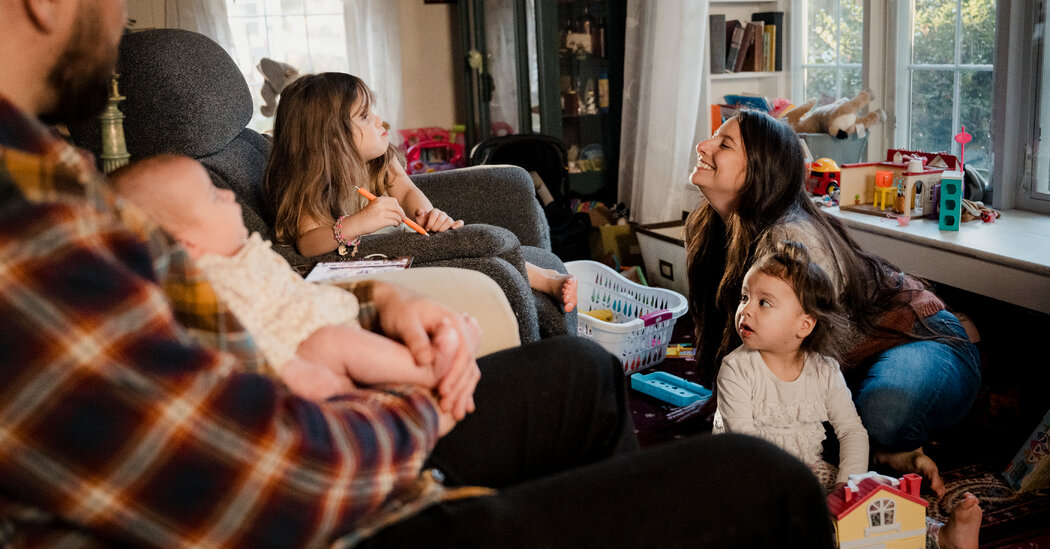Copyright dailyfinland

Iraq held the sixth parliamentary election since the 2003 U.S.-led invasion on Tuesday, with over 20 million eligible voters casting ballots at 8,703 polling centers to choose among 7,744 candidates competing for 329 parliamentary seats, reported Xinhua. The voting process began at 7:00 a.m. local time (0400 GMT) and ended at 6:00 p.m. local time (1500 GMT) under the supervision of the Iraqi Independent High Electoral Commission (IHEC). More than 2,200 women were among the candidates contesting in what Iraqi leaders described as a pivotal moment for the country's future. The voting came amid a mandatory election silence period imposed for security reasons. Iraq's last parliamentary elections in 2021 sparked violent clashes in the capital Baghdad and nearly a year of political deadlock before a government was formed. It has also faced a notable boycott from influential Shiite cleric Moqtada al-Sadr and his followers, who cited the "persistent corruption" within the political process. In a televised address to the nation on Friday, Iraqi Prime Minister Mohammed Shia' al-Sudani urged Iraqis to vote in "the most important election since 2003," saying it would "determine the future of Iraq for the next 20 years." Al-Sudani cast his ballot on Tuesday at a polling center in the Karrada district of central Baghdad. He was notably accompanied by his elderly mother in a wheelchair, underscoring the elections' significance for all citizens. "These elections, which are held on their constitutional date, affirm the principle of the peaceful transition of power under the new political system in Iraq," al-Sudani told reporters after voting. "Every vote holds significance for Kurdistan. Participate and vote to help shape your future and that of our country," said Nechirvan Barzani, president of Iraq's Kurdistan Regional Government, after voting in Erbil. Meanwhile, Iraqi voters have expressed clear priorities focused on change and development. "For the sake of the future and change for the better, I participated in this important parliamentary election," Alaa Mahmoud, an Education Ministry employee, said after voting at the al-Masarra polling center in central Baghdad. "We must participate so that we can change the old faces with new ones that work to solve previous challenges and advance the national situation," Mahmoud added. Hawraa Ali, a teacher, highlighted the shifting national focus: "The security situation has returned to normal, and now we look forward to providing and improving services. I elected someone I trust will work to improve education, and this is important for the future of the country." Media Professor Mohammed al-Jubouri of al-Iraqia University in Baghdad noted that the election represents the Iraqi people's aspirations for long-term stability and comprehensive development. "These elections offer a vital opportunity to reinforce the foundations of the political structure and ensure that the next government can effectively work towards lasting stability and reform for the benefit of all citizens," he said. "The current, sixth round of parliamentary elections is considered one of the most important. We hope to see a good turnout, as the Commission has provided all the elements necessary for a successful polling process," Saddam Thabit, IHEC Director of Baghdad's Karkh area, told Xinhua.



